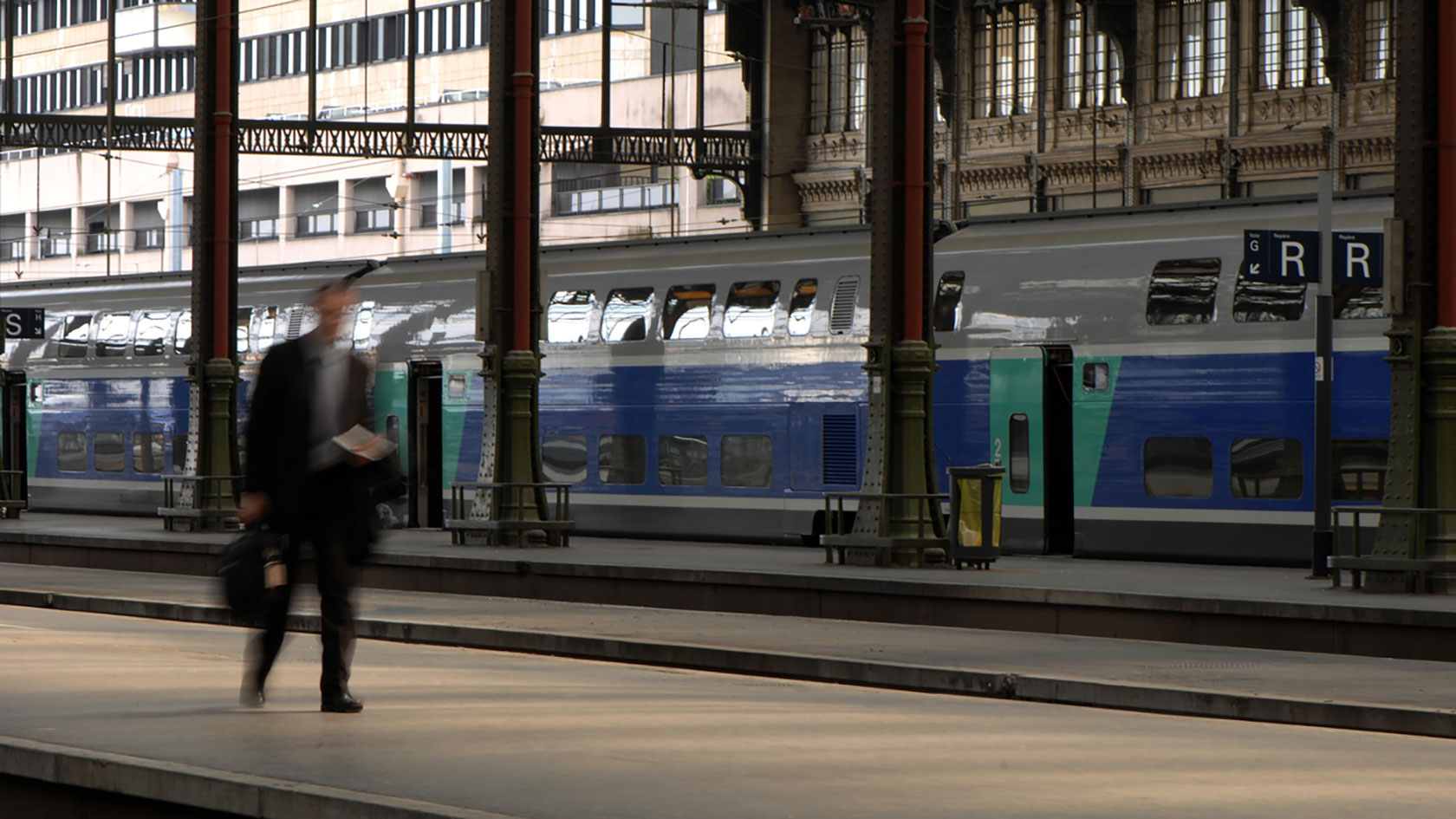Navigation auf uzh.ch
Navigation auf uzh.ch

If you’re going abroad on business, when should you travel by plane, and when should you take the train? Do expenses also cover the costs of renting a bicycle? And how much does UZH reimburse when it comes to your meals? You can find the answers to these questions and many more in UZH’s expense regulations, the most recent version of which dated all the way back to 2013. This document has now been revised; some of the regulations have been simplified, while others have been added to incentivize sustainable travel or adapted in line with overarching cantonal personnel law.
As before, UZH only reimburses expenses that are appropriate and necessary for employees to carry out their work. However, the new regulations put a greater emphasis on sustainability. The use of public transport is regulated more clearly, reimbursements of travelcards for regular trips have been simplified, and kilometer allowances have been expanded to include not only private vehicles but also bicycles and e-bikes.
In many cases, aspects of environmental sustainability are given more weight than financial considerations: for example, employees traveling to destinations that can be reached by train in fewer than six hours must now travel by rail as a rule, even if this requires them to add an overnight stay (example A). When it comes to air travel, employees are encouraged to book the most environmentally friendly option, even if it is slightly more expensive (example B).
Example A: A conference in Paris
“Harry is attending a conference in Paris that kicks off at 9:00am. His talks is scheduled to start at 10:00am. If he travels by train, the earliest he could arrive in Paris on the day would be 11:00am; if he takes the plane, he could be there shortly after 8:00am.”
According to the previous regulations, Harry would have had to travel by plane, provided this option cost less than the combined costs of the train ticket and price for a night in a hotel in Paris. The new regulations change this scenario: traveling by train is the rule for destinations that can be reached by train in under six hours. Since Harry wouldn’t be able to arrive on time if he takes the earliest available train, he can include the price of his train ticket as well as his hotel room in his expenses, even if the combined costs are higher than flying. If important business or private reasons (e.g. childcare) prevent him from traveling on the day before the conference, he can book the early-morning flight.
Example B: A conference in the US
“Sally has been invited to present her research at a US university. She has compared different routes and airlines and decided to book a direct flight. As a result, her flight is around 15% more expensive than an alternative travel option with two stops in the same period of time."
UZH will cover the additional costs incurred by choosing the more environmentally friendly option.
New rules have also applied to meals on business trips since 1 July 2023, when UZH regulations were brought in line with those of the Canton of Zurich.
Example B2: A conference in the US
“The hotel Sally has booked doesn’t provide any breakfast, so she has breakfast in a nearby café. Her breakfast costs 18 Swiss francs. She later also pays 24 Swiss francs for a light lunch and in the evening dines out in a restaurant, where she pays 93 Swiss francs.”
Since summer, the actual costs of meals away from home are reimbursed if a receipt is presented. The maximum amount that is reimbursed for each meal (breakfast, lunch and dinner) is 20 Swiss francs. This means that Sally will be reimbursed a total of 58 Swiss francs: the full 18 Swiss francs she paid for breakfast and 20 Swiss francs each for her café lunch and restaurant dinner. Previous allowances for meal costs no longer apply.